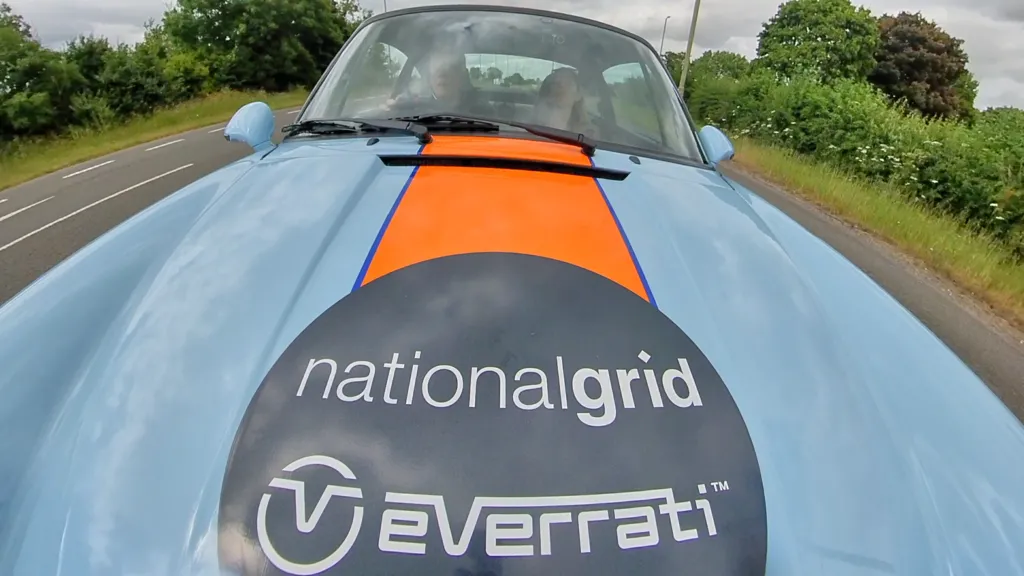Motoring organisations have taken part in a five-day rally to test electric vehicles (EVs) and charging infrastructure on a circuit across the UK. Fifty teams, including manufacturers, power firms and charging companies, drove EVs on a 1,500-mile (2,400km) course from Wolverhampton to Chester via Scotland and Wales.
Two delivery vans were the only entrants not to cross the finishing line. Other vehicles included a lorry capable of 300-mile (480km) journeys while fully laden and an electric motorcycle which was charged by plugging into a car.
The heavy goods vehicle, which goes into production later this year, could potentially collect a shipping container from Southampton or Felixstowe and deliver it to the Midlands or north west England on a single charge.
James Venables from Daimler Truck UK said: “The game-changing part of this truck is that it can charge during a driver’s rest break. We can charge in about 30 minutes.” However, the ultra-rapid charging facilities needed to accomplish that are not yet available.
At the opposite end of the scale, Sam Clarke from charging company Gridserve rode a Zero electric motorcycle for the entire route. With a small battery that only charges slowly, using DC current instead of the AC current used on faster car chargers, he came up with a different strategy.
“We are plugging the bike into a car,” he explained. “At the end of each day I can slow-charge the bike overnight so it is full by the next morning.
“By doing this exercise we can understand where the pinch points are and what the challenges will be and how we will mitigate them in the future.” Although one in six new cars sold are now electric, the rate of change has been slower than the industry anticipated.
“It is the biggest change in motoring for 50 years,” said AA President Edmund King, who was taking part in the event.

“I can understand why people are hesitant. But actually you can drive these every day of the week over long distances without a problem.” The event from 1-5 July took in the Lake District, Scottish Borders, Middlesbrough, Yorkshire, Norfolk, Oxford, Stonehenge and Exeter.
Taking part: Paul Clifton
My daughter and I drove a 35-year-old classic sports car for five long days. It had been converted to battery power by Everrati, a company at Upper Heyford in Oxfordshire.
We were part of Team National Grid, where all the vehicles were chosen because they were far from ideal for the task: the converted Porsche, a small off-road 4×4 not yet on the market, a delivery van and an electric bike.
That was exactly the point. This was a really serious test. If vehicles that were not remotely suitable for an endurance event could succeed using only public charging points, then the infrastructure is clearly keeping up with demand.
Each of our vehicles had limited range and some only charged slowly. We had to stop more frequently than everyone else.
— CutC by bbc.com


